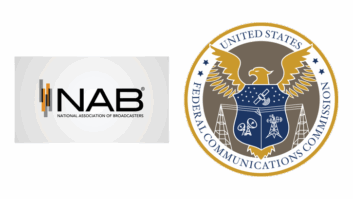Protecting the unique nature of locally oriented and nonprofit low-power FM stations is a priority for the Federal Communication Commission — and breaking those rules comes with consequences.
For one Rhode Island LPFM station, that led to a consent decree and civil penalty of $15,000.
One of the key tenets of both noncommercial educational and LPFM stations is that it provides commercial-free radio service to listeners that is uniquely oriented to the local community. In addition to prohibiting the airing of commercial ads, the FCC also prohibits LPFM licensees from ownership of other stations, prohibits unauthorized transfers of control of LPFM stations, and prohibits LPFM license transfers or assignments within three years of the date of issue.
[Read: Arizona Licensee Gets Green Light on License After Agreeing to $15K Consent Decree]
As early as May 2016, the Enforcement Bureau began receiving complaints that low-power FM station WRRI(LP) in Coventry, R.I., owned by Marconi Broadcasting Foundation. Concerns were also raised about Marconi’s compliance with the cross-ownership rule, the LPFM assignment and transfer of control laws, and the holding period rule. Questions continued to be raised in October 2016, October 2018 and most recently in January 2020.
In May 2018 and April 2019, the truth began to be revealed. Marconi admitted that it had broadcast at least 17 announcements on behalf of for-profit entities over a period of at least 16 months. It also revealed that its director, Christopher DiPaola, was previously a board member of Marconi while also serving as sole owner of DiPonti Communications, which is licensee of station WBLQ(AM) in Westerly, R.I.
Marconi also revealed that it entirely revamped its board of directors in March 2016, a little more than a year after it received its license in January 2015. This transfer of control was not approved by the FCC and the necessary Form 316, which asks the FCC for consent to transfer control, was not filed by Marconi until March 2019.
After reviewing the issues, the FCC and Marconi agreed to enter into a consent decree. Among the stipulations is the requirement that Marconi designate an outside attorney to serve as a formal compliance officer. This individual will be responsible for ensuring that applications and forms are filed in a timely manner, that proper licensee ownership structures are maintained, and that Marconi follows all rules in regard to the airing of commercials.
The FCC also imposed a $15,000 civil penalty as part of the decree.







